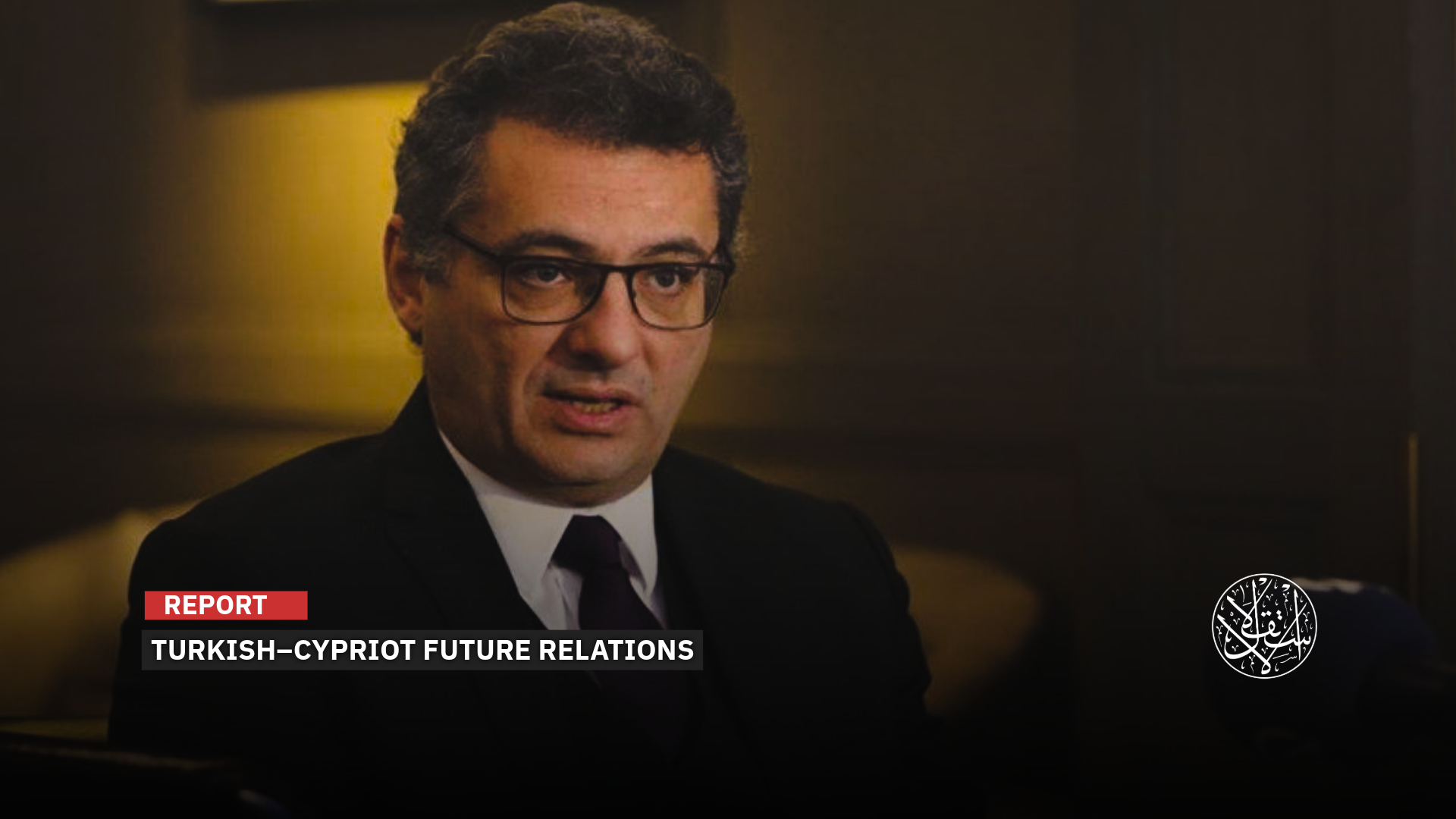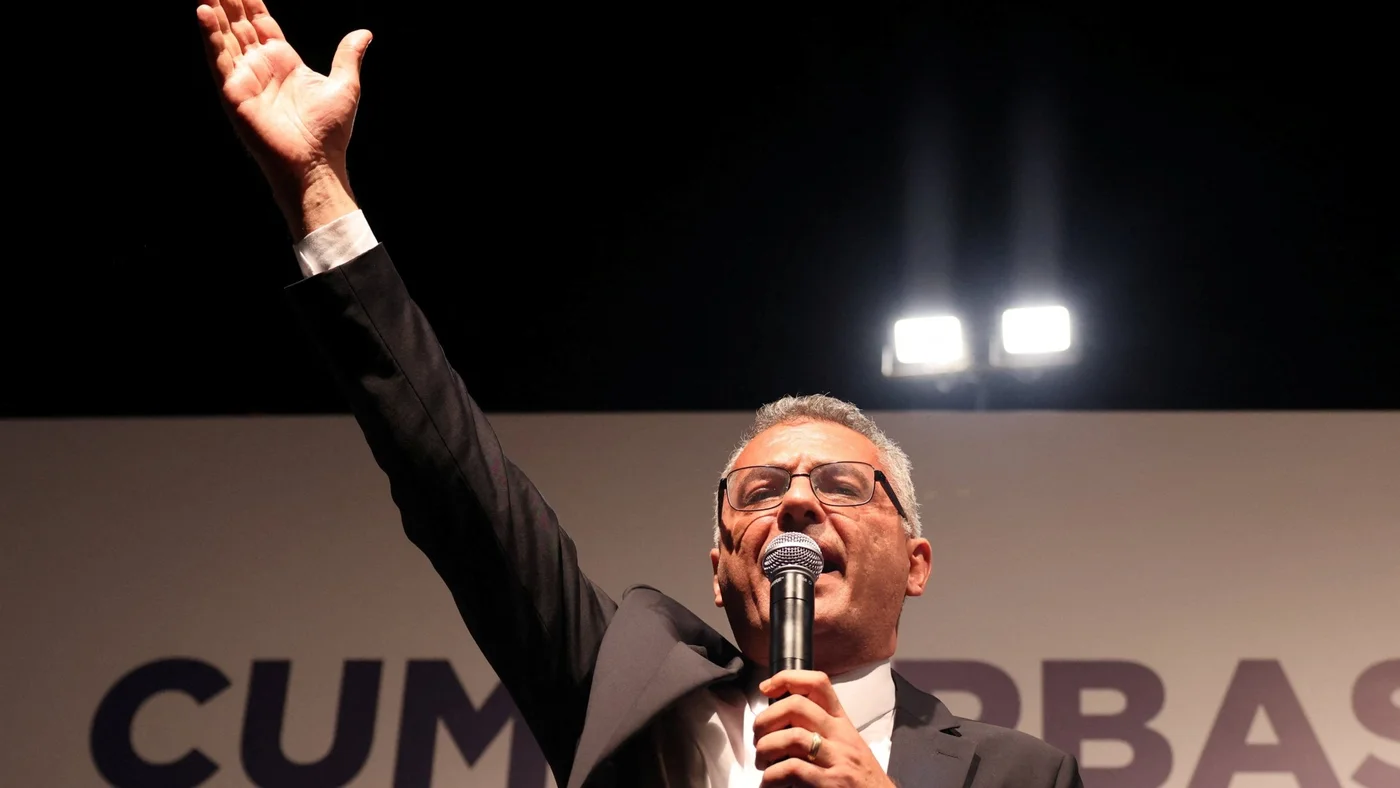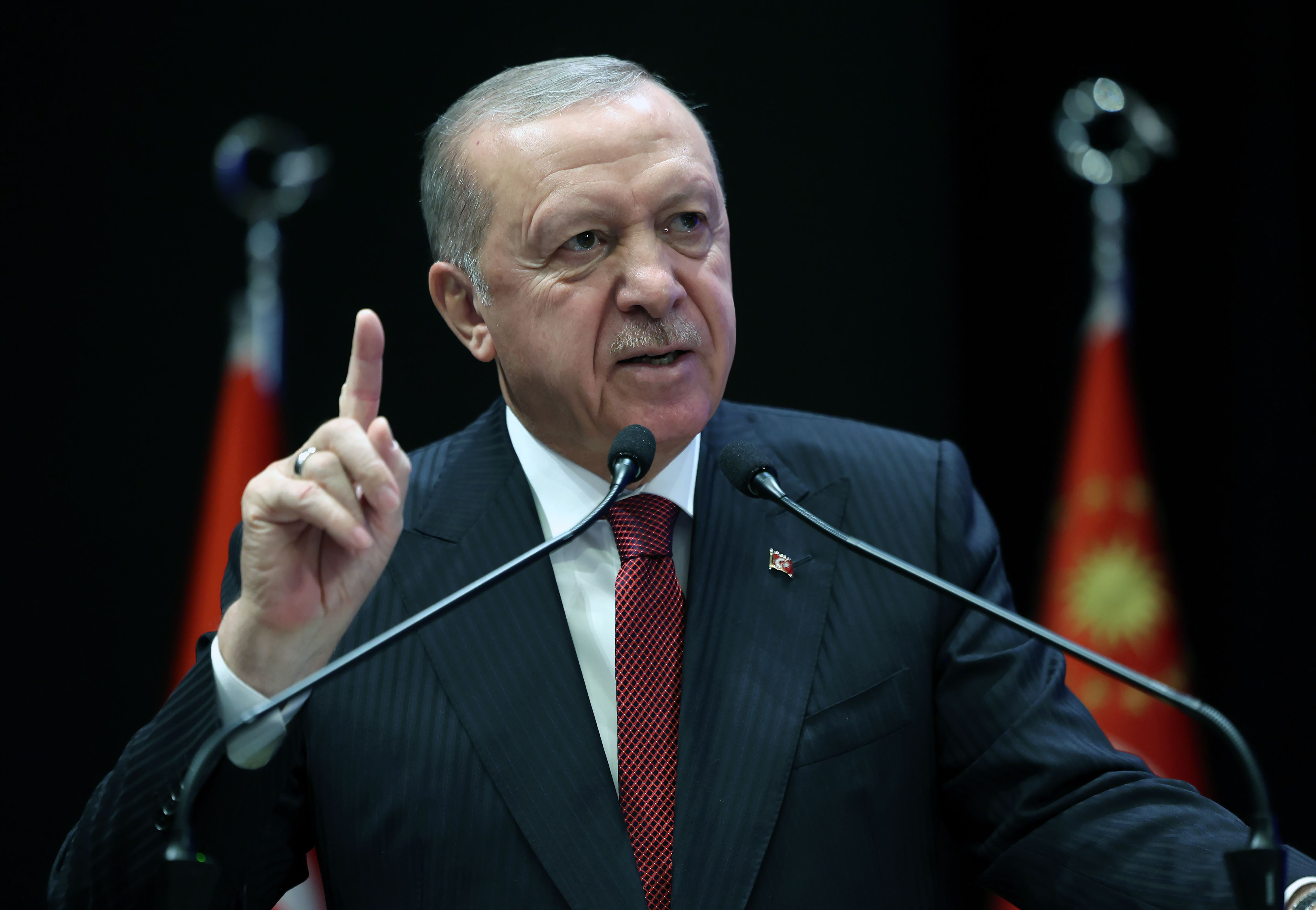Between Constants and Change: The Future of Turkish–Cypriot Relations Under Erhurman’s Leadership

Tufan Erhurman has been elected president of the Turkish Republic of Northern Cyprus.
In the elections held on October 19, 2025, Tufan Erhurman—leader of the Republican Turkish Party and former prime minister—was elected as the new president of the Turkish Republic of Northern Cyprus.
The shift that began after the failed 2017 negotiations with the Greek Cypriot administration still shapes Turkish-Cypriot policy today. That breakdown pushed Ankara and Northern Cyprus to abandon the long-standing goal of a federal union in favor of a “two-state solution,” arguing that the Greek side had no genuine intention of ensuring equal rights for Turkish and Greek Cypriots. Since then, both Ankara and Nicosia have maintained that two sovereign states with cooperative ties offer a more realistic and fair framework than a forced federation.
During his latest campaign, Erhurman reignited debate by suggesting a possible return to negotiations with Greek Cypriots to revisit the federal option—a proposal that drew strong criticism within Turkiye. His remarks came at a particularly sensitive moment, as the Israeli Occupation deepened its partnership with the Greek Cypriot administration through large-scale asset purchases and advanced air “defense deals.”
This overlap between Erhurman’s campaign rhetoric and the growing Israeli-Greek Cypriot cooperation has heightened concerns in Ankara, fueling fears that the new administration in Northern Cyprus could signal a step back from the two-state policy.

Erhurman’s Message
Shortly after his victory was announced, Tufan Erhurman gave a brief interview to Turkiye’s state-run Anadolu Agency, delivering clear messages about the future of relations with Ankara.
“No president has ever conducted negotiations, held meetings, or set a foreign policy line without consulting Türkiye. This is a long-standing state tradition, and it will continue,” Erhurman said.
He emphasized that he has never spoken negatively about relations with Turkiye, adding, “There has been significant disinformation on this matter. In reality, Turkish officials know me very well.”
Erhurman, who previously served 15 months as TRNC prime minister and has led the main opposition party for years, said, “Relations with Turkiye are critically important and vital for us. I have consistently said this. Determining foreign policy in Cyprus or making decisions on the Cyprus issue without consulting Turkiye has never happened, and it will not happen under my leadership.”
“I am confident that, on the right basis, our relations with Turkiye will not only remain strong but will further deepen. I see this as part of my mission. I also extend my sincere love and respect to all the Turkish people.”
Erdogan’s Congratulations
After Tufan Erhurman’s presidential win, his first call of congratulations came from Turkish President Recep Tayyip Erdogan on the evening of October 19, 2025, just as the election results were confirmed.
Erdogan also shared a congratulatory message on his social media accounts, writing, “I congratulate Mr. Tufan Erhurman, who has been elected President of the Turkish Republic of Northern Cyprus according to the unofficial results of today’s election.”
Speaking to reporters aboard his plane after a three-country Gulf tour of Qatar, Kuwait and Oman, Erdogan said Turkey respects the democratic choice of Turkish Cypriots and will continue to support the Turkish Republic of Northern Cyprus (KKTC), recognized only by Ankara.
“It is impossible for us to look unfavorably on northern Cyprus,” Erdoğan said. “It was an important election, and the will of the Turkish Cypriots is very valuable for us. We did not make all these investments in vain.”
According to the traditions of the Turkish Republic of Northern Cyprus, the newly elected president makes his first official foreign visit to Ankara. Likewise, by long-standing custom in Turkiye, the Turkish president’s first overseas visit after taking office is to Northern Cyprus, followed by Azerbaijan.
The Greek Cypriots
On October 24, 2025, Tufan Erhurman was officially sworn in as President of the Turkish Republic of Northern Cyprus during a ceremony in parliament, formally assuming office.
Turkiye was represented at the inauguration by Vice President Cevdet Yilmaz, who oversees coordination between Ankara and the Turkish Republic of Northern Cyprus.
After taking office, Erhurman delivered remarks that closely echoed Ankara’s stance on negotiations with the Greek Cypriots.
“Turkiye is the guarantor of the entire island, and this has become even more significant today. Every day, it is getting harder for us to feel secure,” he said.
Reflecting on lessons from past negotiations, he emphasized that the Greek Cypriot side has consistently hesitated to accept true political equality between the two communities. He called such equality a red line that cannot be compromised.
Erhurman stated that he was ready to return to the negotiating table with the Greek Cypriots to seek a solution, but made it clear that talks for the sake of talking are meaningless, stressing once more that political equality is not up for negotiation.

The relationship between Turkiye and the Turkish Republic of Northern Cyprus (TRNC) remains vital, particularly in areas such as security and the economy. For Turkiye, the TRNC is not just a close ally but a national cause and a central element of its regional and national security strategy, especially in the Eastern Mediterranean.
Historically, Turkiye ruled Cyprus for 307 years after seizing it from the Venetians in 1571. Although the island was handed over to Britain in 1878, the Ottoman Empire retained sovereignty in principle, and Turkiye never fully relinquished its claim.
When the Republic of Cyprus was founded in 1960, the island formally gained independence from Britain, with Turkiye, Greece, and the United Kingdom recognized as guarantor states under the agreement.
Between 1968 and 2017, numerous negotiation rounds were held between Turkish and Greek Cypriots, yet none produced a lasting settlement.
One of the most significant efforts came under UN Secretary-General Kofi Annan, whose Annan Plan proposed reunifying the island. Turkish Cypriots voted “yes” in the referendum, while Greek Cypriots overwhelmingly rejected it, preventing the plan’s implementation.
Throughout these negotiations, Turkiye remained actively engaged as a guarantor power, shaping policies in line with its own strategic interests and those of the Turkish Cypriot community.
Today, shared security and geopolitical considerations continue to bind Ankara and Nicosia closely together, particularly regarding Cyprus and the Eastern Mediterranean.
Ultimately, the election of Tufan Erhurman—who was not Ankara’s preferred candidate—does not appear likely to disrupt cooperation between Turkiye and the TRNC or alter their overarching strategic alignment. Both sides are expected to maintain close coordination and avoid any escalation of tensions.










